Millions of individuals worldwide, regardless of their age or occupation, suffer from a common ailment known as lower back pain. Back pain, whether from heavy lifting, extended sitting, or medical issues, can affect everyday activities and quality of life. We’ll examine the top 7 causes of lower back pain in this post, along with preventative and treatment advice to assist you control and steer clear of discomfort.
Table of Contents
1. Muscle Strain: Leading Cause of Sore Lower Back
A strained muscle or sprained ligament is one of the most frequent causes of lower back pain. Usually, this occurs when the muscles are strained or overextended because of:
- Not using the right method when lifting large objects
- Unexpected, ungainly motions
- Overuse when exercising or engaging in physical activities
Strain causes the muscles to become uncomfortable and inflamed, which results in lower back discomfort and stiffness. The majority of instances go better with rest, applying heat or ice, and stretching gently.

2. Poor Posture and Its Link to Sore Lower Back
Bad posture is another key cause of lower back pain. Incorrect spinal alignment places additional strain on the lower back, regardless of whether you’re slouching on the couch or bent over a computer.
Prevention Tip: Sit with a straight back and choose an ergonomic chair with adequate lumbar support. Examine your posture frequently to lessen your risk of getting a lower back ache.
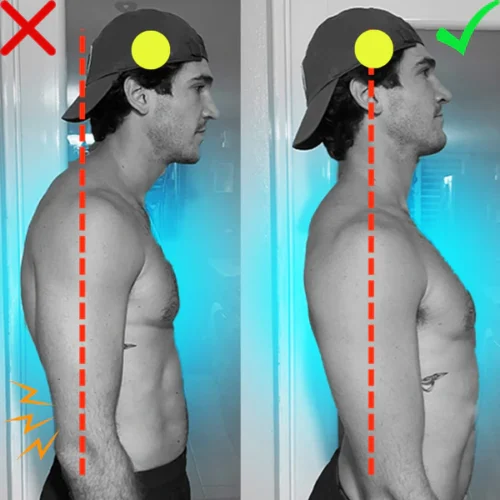
3. Herniated Disc and Nerve Compression Causing Sore Lower Back
A more serious problem that can cause excruciating lower back pain is a herniated or slipped disc. Your spinal nerves may be compressed if one of the discs, which serve as cushions between your vertebrae, slides or bulges.
This compression of the nerve results in:
- Lower back discomfort that is severe or radiating
- tingling or numbness in the legs (sciatica)
- Decreased mobility
It’s critical to see a doctor for diagnosis and treatment if your lower back discomfort is accompanied by numbness or pain radiating down your legs.
4. Sedentary Lifestyle and Weak Core Muscles Causing Sore Lower Back
Silent causes of lower back pain include inactivity and weak core muscles. Your spine cannot be sufficiently supported by weak lower back and abdominal muscles. Your lower back has to work harder as a result, which causes tension and stiffness.
Solution: To increase strength and lessen the chance of getting a lower back ache, do core-strengthening activities like planks, bridges, and mild yoga.
5. Arthritis and Degenerative Disc Disease: Chronic Sore Lower Back
Long-term causes of lower back pain include arthritis and degenerative disc disease, which are brought on by the normal wear and tear of the spine as we age. These circumstances result in:
- Joint inflammation in the spine
- Decrease in disc pliability
- Friction from bone to bone
This causes stiffness, soreness, and dull, persistent lower back pain, particularly in the morning or after exertion. Changes in lifestyle, anti-inflammatory drugs, and physical therapy are frequently used to treat this kind of lower back pain.
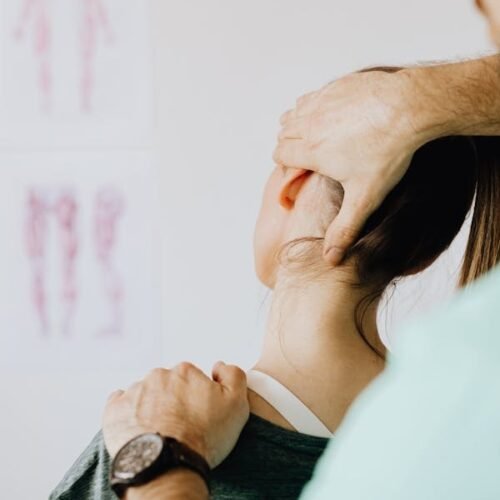
6. Stress-Induced Muscle Tension and Sore Lower Back
Emotional stress can cause lower back pain in addition to mental health issues. Unconsciously tensing muscles, particularly those in the neck, shoulders, and lower back, is a common result of mental pressure.
Stress may be the secret source of your lower back pain if it becomes worse when you’re anxious or under emotional stress.
What Helps: Breathing techniques, yoga, meditation, and mindfulness exercises can help you relax your muscles and reduce lower back discomfort brought on by stress.
7. Poor Sleeping Habits Leading to Sore Lower Back
The quality of your mattress and how you sleep have a big impact on spinal health. You may wake up with a hurting lower back due to spinal twisting or misalignment brought on by poor sleeping posture or an unsupportive mattress.
How to Prevent Lower Back Pain During Sleep:
- Make use of a supportive, firm mattress.
- Place a pillow between your legs and sleep on your side or back.
- Do not sleep on your stomach for healthy life style.
A lower back ache can be relieved and its recurrence avoided by making sleep-friendly adjustments.
When to Consult a Physician for Lower Back Pain
The majority of lower back pain instances go away with rest and self-care. But you ought to get medical help if:
- Pain lasts for more than a week.
- You get tingling or numbness.
- You have trouble standing or walking.
- Loss of control over the bowels or bladder
Ignoring severe symptoms could make your lower back pain worse and prevent you from getting the help you need.
Before your lower back pain takes over, take charge of it
To keep a lower back ache from interfering with your regular activities, you must be aware of its causes. Every component necessitates a different strategy for prevention and treatment, ranging from stress and medical disorders to bad posture and muscle strain.
You can significantly lessen your risk of developing a lower back ache by adopting practices like consistent exercise, posture correction, better sleep, and stress management. For an accurate diagnosis and treatment, don’t be afraid to seek medical advice if the pain persists.

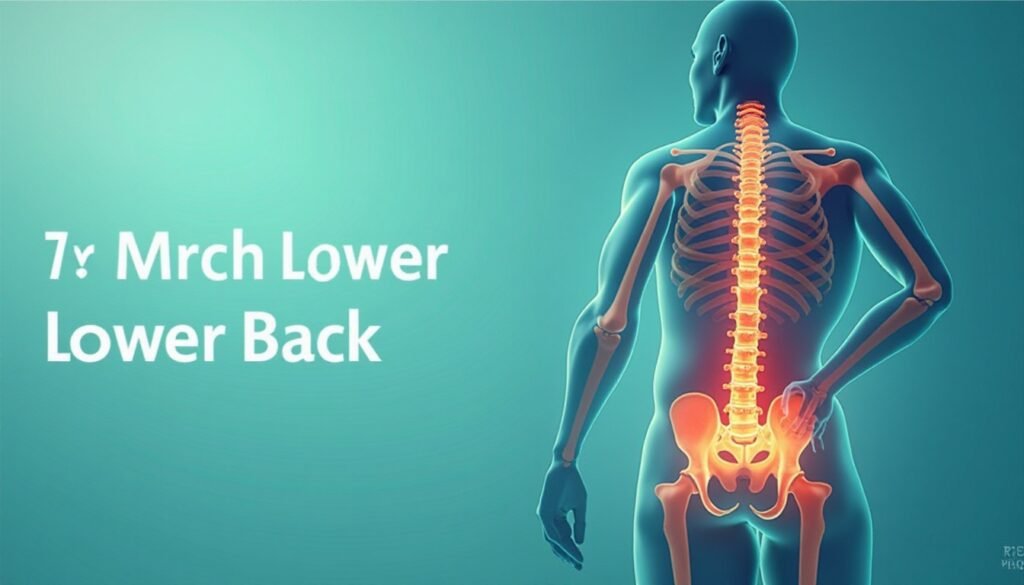

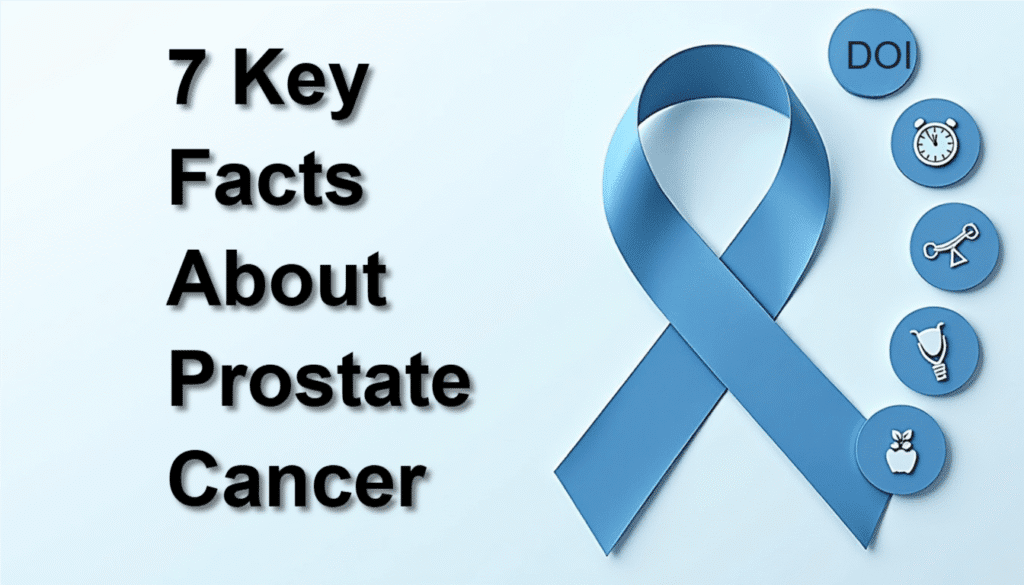
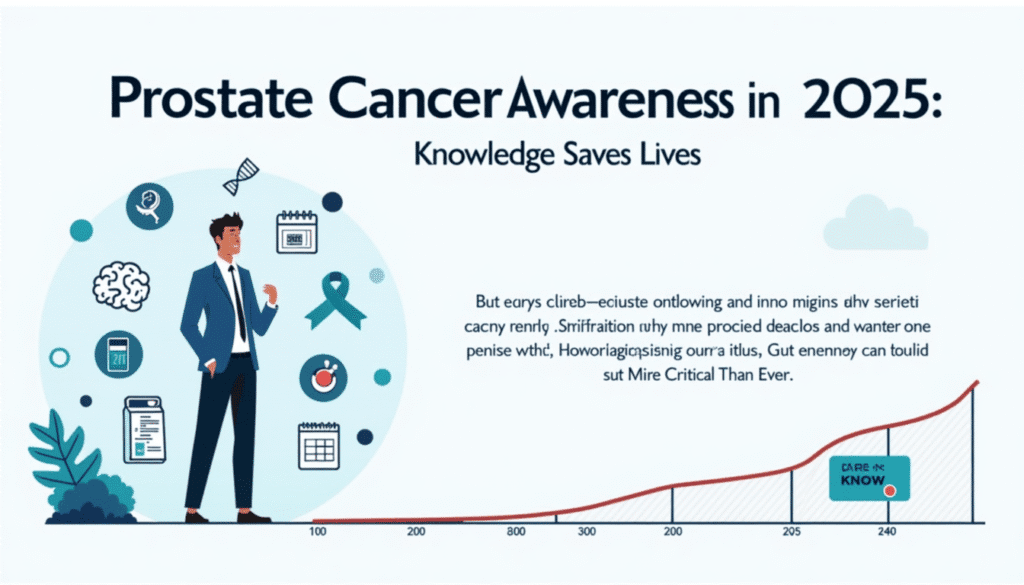

Pingback: 10 Proven Strategies for Prostate Cancer Detection, Treatment & Prevention -